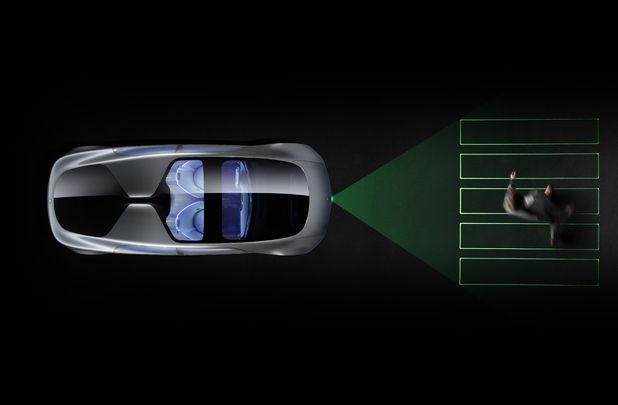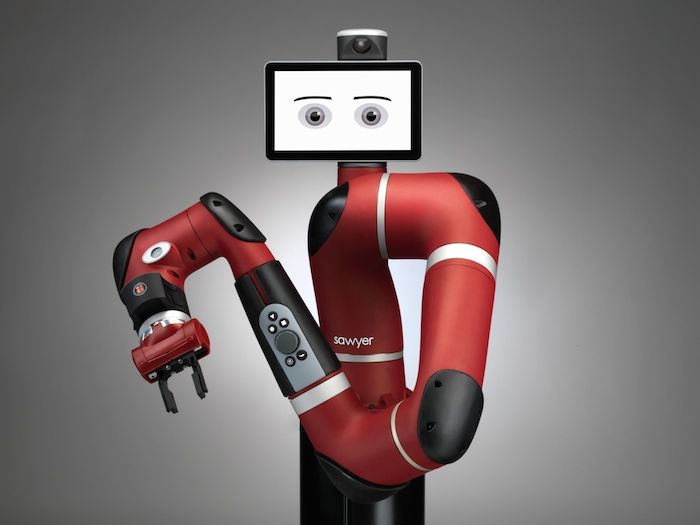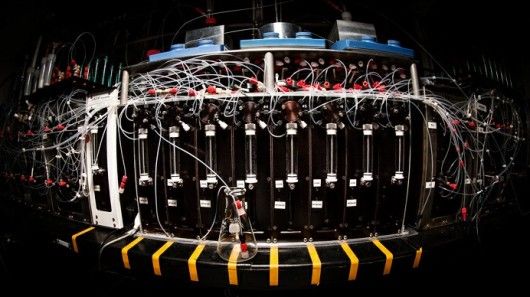Laura Bliss — City Lab

Immersive virtual reality and its ground-shaking potential was the belle of the ball at South by Southwest’s “Interactive” portion, which wrapped up Tuesday. Virtual reality (VR) headsets like the Oculus Rift fascinated and delighted festival-goers, with promises of changing the very landscapes of film, travel, journalism, and of course gaming—where VR’s journey into mainstream discourse began with the Oculus’ 2012 Kickstarter.
But there’s another area that the Oculus Rift—or whatever immersive VR headset gets commercialized first—is likely to enter: The courtroom. (And no, we don’t mean the current patent lawsuit against the Oculus Rift’s makers.) It might not sound sexy, but the implications could be pretty big.
 I’m sitting in a desk chair in an office in Mountain View, California. But with a virtual-reality headset strapped to my head and headphones over my ears, it looks and sounds like I’m standing in the belly of a blimp, flying high above silent city blocks dotted with billboards for a Despicable Me theme-park ride.
I’m sitting in a desk chair in an office in Mountain View, California. But with a virtual-reality headset strapped to my head and headphones over my ears, it looks and sounds like I’m standing in the belly of a blimp, flying high above silent city blocks dotted with billboards for a Despicable Me theme-park ride.





 Quoted: “Ethereum’s developers believe their project will lead to the proliferation of programs they call “smart contracts,” in which the terms of an agreement are written in code and enforced by software. These smart contracts could carry out the instructions of a complex algorithm based on data feed—such as a stock ticker. They could facilitate practically any financial transaction, such as holding money in escrow or dispersing micropayments among autonomous machines. They could be used to create a peer-to-peer gambling network, a peer-to-peer stock trading platform, a peer-to-peer social network, a prenuptial agreement, a will, a standard agreement to split a dinner check, or a public registry for keeping track of who owns what land in a city.
Quoted: “Ethereum’s developers believe their project will lead to the proliferation of programs they call “smart contracts,” in which the terms of an agreement are written in code and enforced by software. These smart contracts could carry out the instructions of a complex algorithm based on data feed—such as a stock ticker. They could facilitate practically any financial transaction, such as holding money in escrow or dispersing micropayments among autonomous machines. They could be used to create a peer-to-peer gambling network, a peer-to-peer stock trading platform, a peer-to-peer social network, a prenuptial agreement, a will, a standard agreement to split a dinner check, or a public registry for keeping track of who owns what land in a city.







